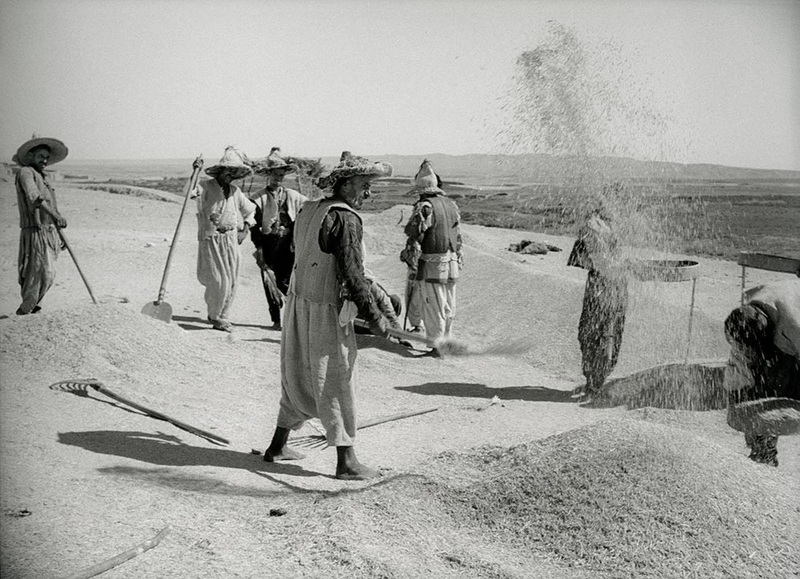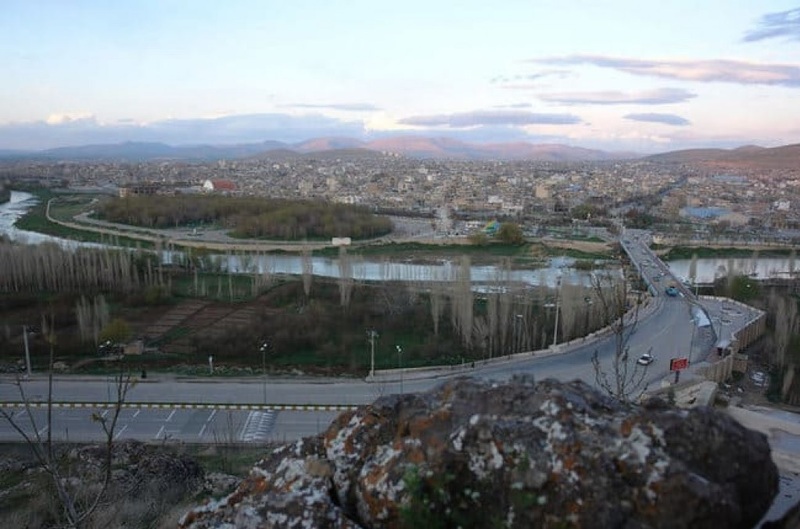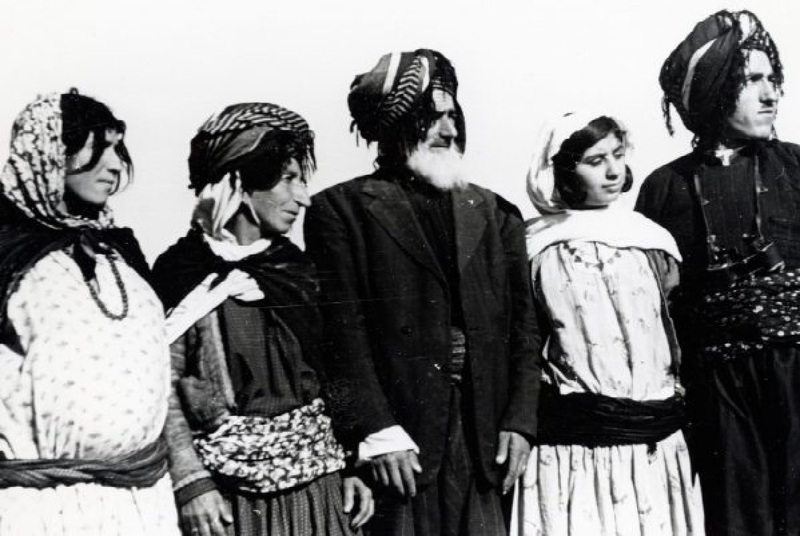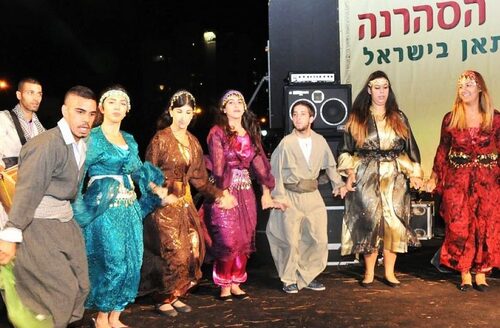Peiman
The Jews' Situation Living in Kurdistan
As was said before, according to the texts and documents now available as a result of the researches done about the Jews living in Kurdistan, generally they lived in good conditions with economic prospects and peaceful relationships with their neighboring nations and their Kurdish others. They were normally living in peace among Kurds, but they never gave up their dream of going back to the holy land. This subject needs to be studied in detail and find as much data as possible however, unfortunately as time has passed, after seventy years since the Jews moved to Israel, those who witnessed them living in Kurdistan have died mostly so we need to trust the archived documents or what is told to the new generations. In some of the Jewish scripts about the Jews in Kurdistan, it is said that they were mostly farmers. Those Jews who moved to Israel in the 1950s are known to have farms and agriculture professions however, sources that mention the Jews from Boukan for example, claim that none of those families from Boukan had farms or any related occupations.

Jews in Boukan City
It is not very clear that when was the exact time when the Jews in Boukan came to this city, but we know that before they moved to Israel, the majority of the citizens of Boukan city, which was a very small city at that time, were Jews. As Rahman Mohammadian has written in his book, The History of Boukan in the Twentieth Century, according to the statistics and documents recorded by the Civil Registry Organization of this city, the Jews who lived in this city included 73 families. They had lived in special neighborhoods particular to themselves and in some of the jobs and professions they have managed their occupations independently from the Muslims. "Church Alley" as was called in the past years before the old houses and buildings in this alley were destructed and it had to be called "the Synagogue Alley" or "Trouq" which changed into a school later, was one of those places where the Jews lived in. Jews' public bathroom and Buther shop were different from the Muslims'. They were occupied in trading, exchanging goods, peddling, and apothecaries and some of them were local doctors. They had very good relationships with the people of Boukan and they did not have any problem with them. During the time, some of the Jews changed their religion to Islam and they declared their religion shift in special ceremonies. They held parties on such occasions. Jewish girls had married Muslim boys and changed their religion to Islam.

The Names of Jews in Boukan
It is interesting that the Jews in Boukan not only had Ibri names particular to their religion but also, had Kurdish and Arabic names. Some of those names were common between Arabic and Ibri and some of them might have been Ibri originally but they had been pronounced in Kurdish accents as if they were Kurdish originally, but some of the names are actually Kurdish. Some of those names include Musa, Aghabra, Asty, Malak, Khuncha, Rafaeyl, Danyar, Ishaq, Amina, Suleiman, Khanm Naz, Ibrahim, Rayhana, Guris, Hanar, Rahim, Yara, Zakarya. Another subject that cannot be cleared out easily and we never could find enough information about it is this: whether the recorded names were the same as the real names used for those people or did the Jews have one name among themselves and the Muslims? We can also ask whether the political and central authorities' changes or World War I, which also religiously involved the Kurds, affected the Jews to choose some particular names for their children or not. Or can we say that since they were able to easily use different Kurdish dialects for communication, they used Kurdish names naturally, too?

Conclusion
Kurdish writers and readers can understand simply how important it is to study about the Jews in Kurdistan, how it is ignored, and how it can help clear out the dark spots of Kurdish social history. Regarding the few documented sources about this subject in Kurdish and among the Kurds and considering the Jews' tradition for writing from very old ages, it is necessary to reach those original Kurdish, Ibri, or any other sources written in other languages or reaching out those professional figures among Kurds or others who have done deep researches on the subject.








